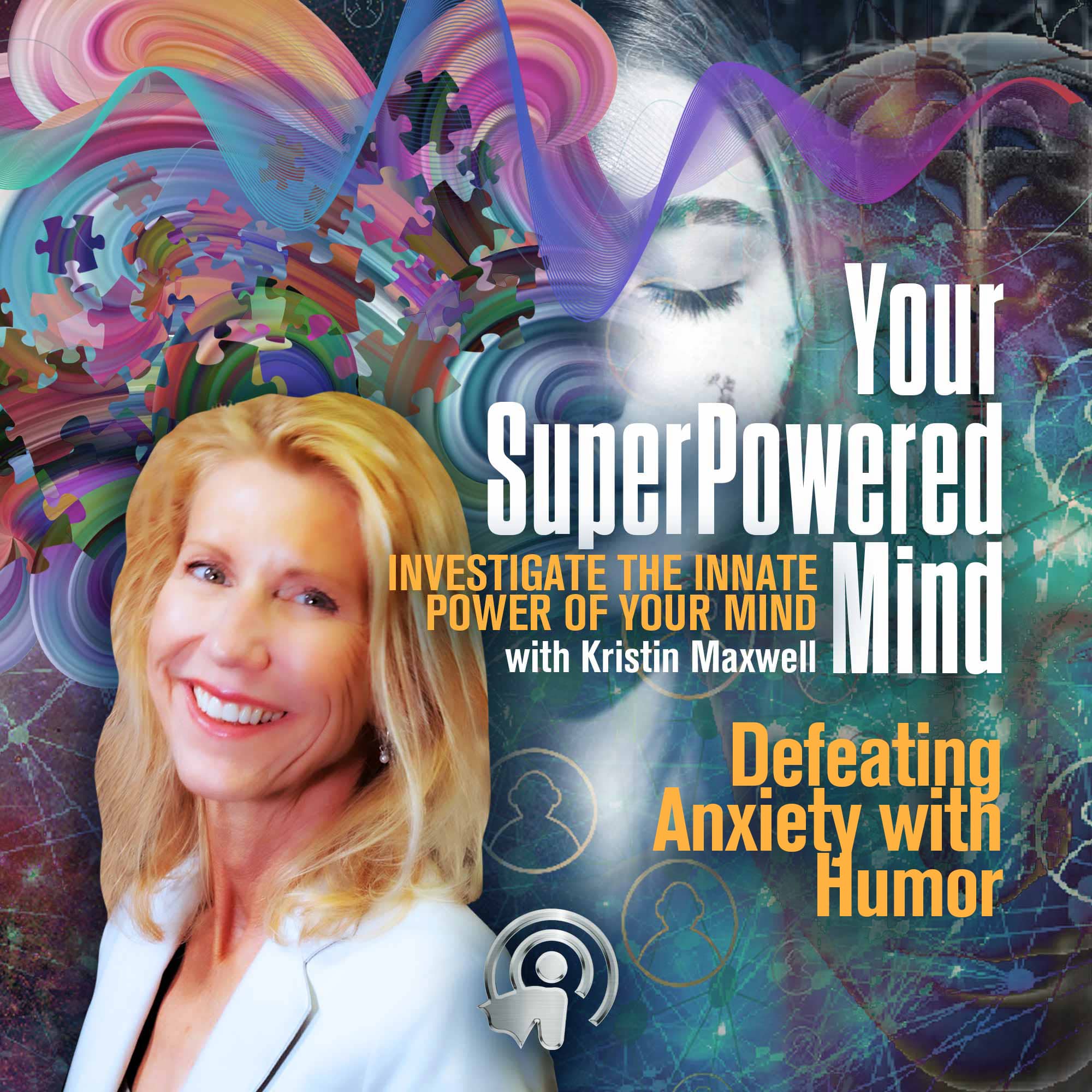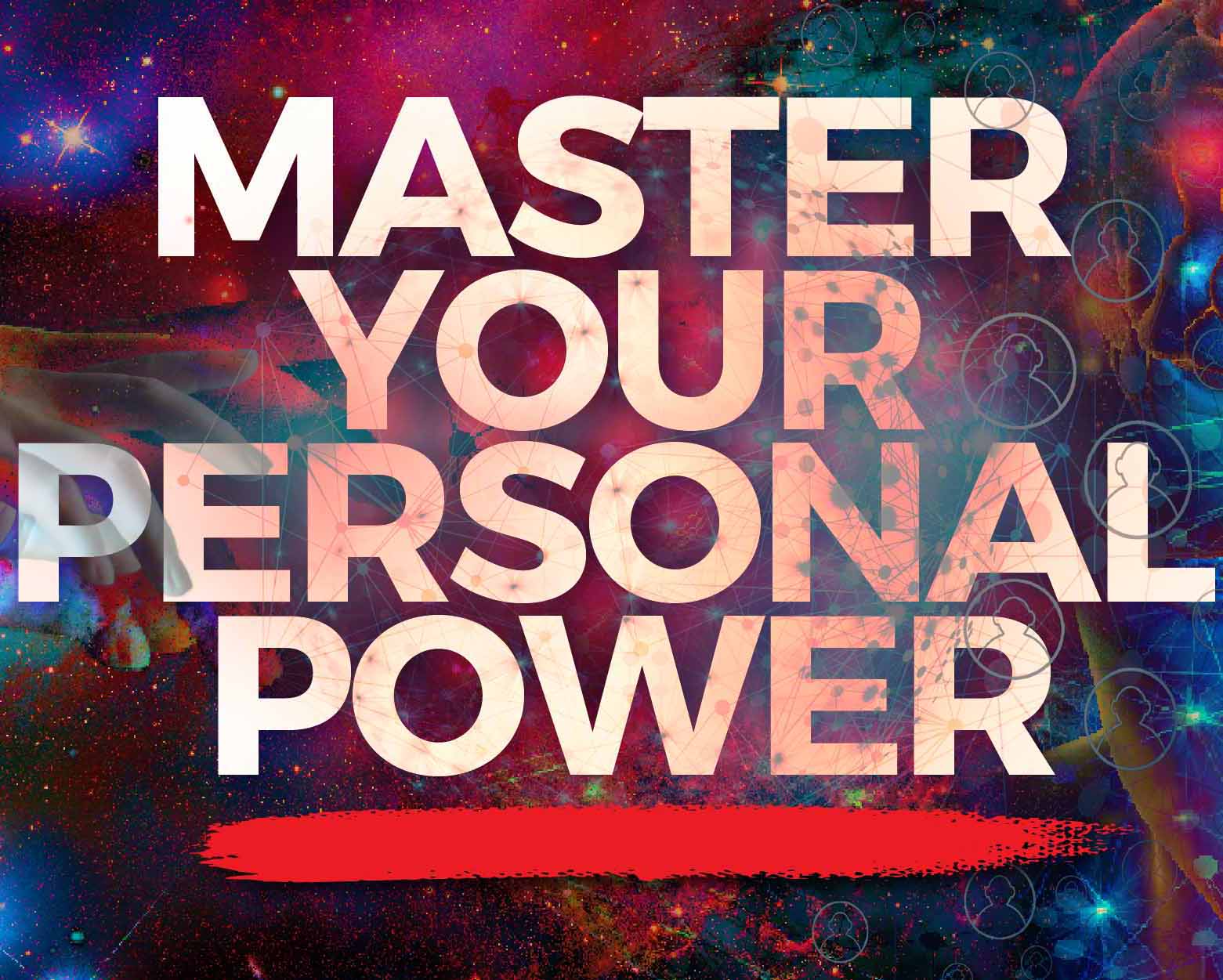
Defeating Anxiety with Humor
How can you defeat anxiety with humor? In this episode of Your Superpowered Mind, host Kristin Maxwell welcomes guest Brett Newski to talk about how this young musician, songwriter, author, and podcaster has learned to defeat his anxiety with humor. Brett shares a daily exercise that helps maintain equilibrium. They also discuss the importance of self-awareness and brutal honesty in clearing your mind. Tune in to know how defeating anxiety with humor works.
Kristin Maxwell:
Hello, everyone. Welcome to Your SuperPowered Mind. I am your host, Kristin Maxwell. In this show, we explore the process of transformation and give you tools and strategies that you can use to transform your own life.
Today, I am excited to be talking to Brett Newski about Defeating Anxiety with Humor. Brett is an unusual guest for me. I’m really excited to talk to him and share him with you. He’s a singer, an alternative songwriter, a musician, and a podcaster. He’s been featured in media like Rolling Stone, NPR, American Songwriters, and others.
As a musician, he’s played alongside acts like the Pixies, the Violent Femmes, Better Than Ezra, and many others. He also continues to tour over 100 days per year. I got tired looking at his schedule, but it looks fun.
He has a podcast, Dirt From the Road, which dives into mental health boosts. His guests include other musicians and such, people from the Dashboard Confessional, Guster, Toad the Wet Sprocket. Pretty fun.
He’s also the author of the book, It’s Hard to be a Person: Defeating Anxiety, Surviving the World and Having More Fun. I love the title of that book.
Brett, welcome to Your Superpowered Mind.
Brett Newski:
Hey Kristin, thanks for the hospitality. How’s morale?
Kristin Maxwell:
Morale. That’s good. Morale, it’s always a good thing to check in on. Always. Yes.
I’m super interested to learn more about your story. Because I know anxiety and depression are a very, very real phenomenon that’s going on with so many people. Anyway, I’m going to just get started by asking you my first question, which superpower did you uncover as the result of mastering your mind?
Brett Newski:
I think you try to just build a little more self-awareness each year. I think that’s been one of the most valuable things in my world just to gain a bit more self-awareness so I don’t constantly worry if my friends and acquaintances hate me or not. Do you know? I don’t know.
Just being brutally honest, I think the thing that’s helped me the most is having a podcast and talking about some of the worst moments in my life, like really personal stuff, just live to the public. Which, my parents have given me some sit-downs and been like, “What are you doing? This is career suicide. You can’t be talking about this on the radio.” But it’s just a thing that’s helped me enormously to kind of clear a lot of skeletons from my closet. Once you do that, I just think it takes a lot of weight off your brain and your body.
Because when my brain is under stress and running in circles and spiraling out, my body just starts to tighten up and kind of shut down, or I get sick more often, too. It’s like that vicious cycle. I hope maybe that answers it.
Kristin Maxwell:
It does. I’m going to ask you some more questions about that because what I’m wondering is, why do you think it helps you to talk about these things? Just out of curiosity. Do you have an opinion about that?
Brett Newski:
I guess you bottle stuff up. I mean, it’s a tale as old as time. You bottle stuff up long enough, and the pressure just builds and just feels awkward. I don’t know. It’s like a gastrointestinal disorder for your emotions or something. Your brain just starts to get flooded, and you can no longer think straight. You might not even remember why you feel like garbage so consistently, but it’s probably just because bottling stuff up, not talking about stuff. I do feel, especially friends and close friends, it’s like what you fear would be horrifying to say out loud to tell someone, your best friends are not going to judge you, generally. They might not be as shocked as you think if you tell them something you need to get off your shoulders. Hopefully, you didn’t kill anybody or anything.
Kristin Maxwell:
Right.
Brett Newski:
Whatever it is. Maybe you let somebody down, or you cheated on your significant other. Whatever it is. You’ve got to tell somebody.
Kristin Maxwell:
It’s interesting. I’m excited to talk to you. I had really, really, really bad anxiety for decades, just constantly brain spinning, when you talk about the brain spinning in circles. I could not get out of my own head, just going, going, going. That’s what got me into this whole coaching thing. It was learning there’s a way in which when you tell the stories, if you can step out of the spinning of the brain, which is a trick to learn how to do that, you start to get perspective on it that you didn’t have at the time. Like your body and your brain are in this trauma mode, and you start to tell them and it gets normalized. People are like, “Well, yeah, I have that, too.” And you can be like, “Maybe I don’t need to be so hard on myself for that.”
Brett Newski:
Totally.
Kristin Maxwell:
Very interesting.
Brett Newski:
As you age, I’m noticing that, too. It’s harder to break habits. You feel less motivated to try to tackle certain issues or even try new things. I mean, I turned 35 yesterday.
I still feel very motivated to get out in the world and do stuff and try to make things happen. But even, just, for example, NFTs. I know I need to go online and learn how to make those because I make a lot of art for a living, so it’s just like, “Ah, do I really need to do that?” So, getting motivated. I think with issues or complications of the brain, it’s just great to just tackle that stuff before the needle gets deeper into the groove as you age.
Kristin Maxwell:
Also, your body does hold onto a lot of emotion and energy, and if you can let it go, then the brain, the way I think about it is like, sometimes my body was so anxious that my brain was constantly trying to figure out, “What’s going on? What’s wrong?” You think it’s something in the mind, but it’s something from the brain. Anyway, go ahead.
Brett Newski:
I can’t tell if the brain and the body are best friends or mortal enemies. Do you know what I mean?
Kristin Maxwell:
Exactly.
Brett Newski:
Because it’s like they’re trying to trick each other all the time, so I don’t know.
Kristin Maxwell:
That’s very cool. How did you get on this path? Because, obviously, you’re a musician. And then, how did you start your podcast around these mental health issues and then your book. What’s your story? I guess that’s what I’m asking.
Brett Newski:
Well, the podcast started as, I’ve probably played about 2000 gigs at this point, just all over the planet, and in some pretty weird places, too. I toured Asia a bunch. I lived in Asia. I played in Eastern Europe and South Africa a bunch of times. When you’re out there, you start to accumulate these just absurd stories of like, you wake up in an attic in Holland, and there’s a fat Irish guy next to you doing whippets at two in the morning, and you’re sleeping on a floor with another band next to a bunch of sweaty, weird-smelling Irish guys. One time I lit the brakes on fire driving down a mountain in Norway because I didn’t know how to drive a stick shift car. I’m legitimately learning as we’re going down a mountain.
I don’t know. Some of these things don’t feel that weird at the time, and then as you accumulate time in your peripheral, you’re like, “Remember when that guy tried to sell us heroin in the back alley of Vienna, and we got a little too close, and we had to run and he chased us?” Or whatever it is.
That’s what the podcast started as, Dirt From the Road. I try to get on guests who are not scared to share some of this absurd stuff. And so there are all these great, absurd, weird road stories. I think, being a touring musician, the most destabilizing mental health occupation you can choose, really, or one of them, you inevitably start to talk about mental health and how to kind of cope and survive this weird, lonely, transient lifestyle, and I think so. The podcast has really been a mix of just absurd, kind of comedic, spooky, road stories. And then, also this utilitarian because the brain is a beast, so we’ve all got issues with our brain. And it’s like, so how does Chris Cabrera from Dashboard Confessional play to 5,000 people each night and not have a panic attack? And then he would kind of talk about just the things he does every day to kind of just stay sane. Everyone has their own take on it and everyone’s got some good information, so every episode has kind of a new angle or new hacks on how to do karate against your own evil brain when it attacks you.
Kristin Maxwell:
That’s super awesome. Well, we do need to go to a break super fast. Before we do, can you let people know where they can find you, about your podcast, your book, your shows, all of that stuff?
Brett Newski:
Yeah. I guess the mothership is kind of the website, which is just brettnewski.com. The book’s on there. The book’s called It’s Hard to be a Person. I guess we can talk about that more. But it’s just a bunch of illustrations kind of making fun of my own anxieties and just providing stuff I’ve learned over the past seven or eight years since I discovered what anxiety was, to kind of deal with it and just feel better, even if I have five minutes to spare. There are just a bunch of tips in there for things to do if you feel better, and that’s on the website. Better to get it through the website than through Amazon, because Amazon takes 68%. But it’s all good, whatever you want to do.
Kristin Maxwell:
That’s awesome. Great. Thanks, Brett. When we come back, we’re going to talk a little bit more about defeating anxiety with humor, definitely digging into some of your books. Hang on. We’ll be right back.
Brett Newski:
Thanks, Kristin.
For the best listening experience, download the Superpower Network App
Podcast: Play in new window

